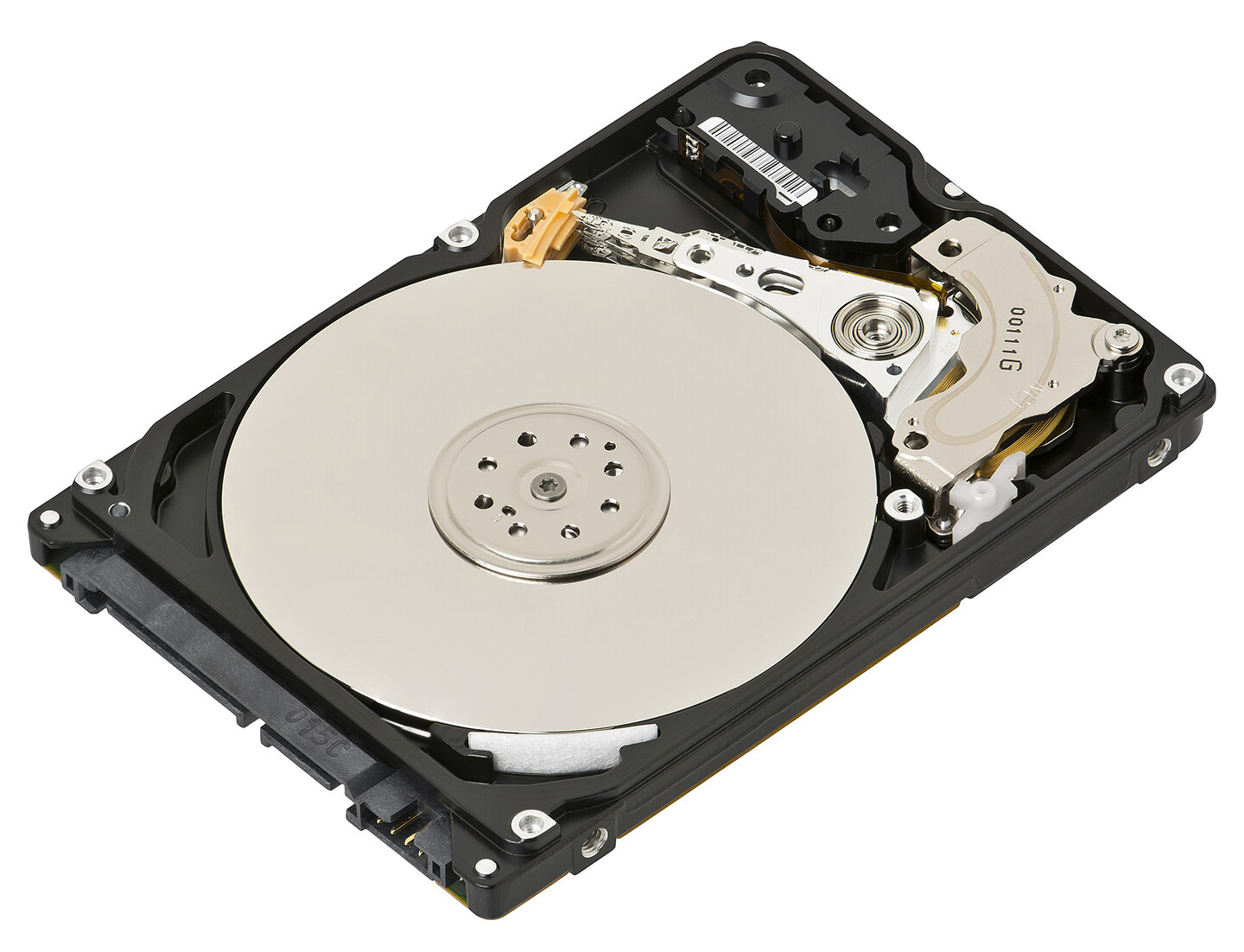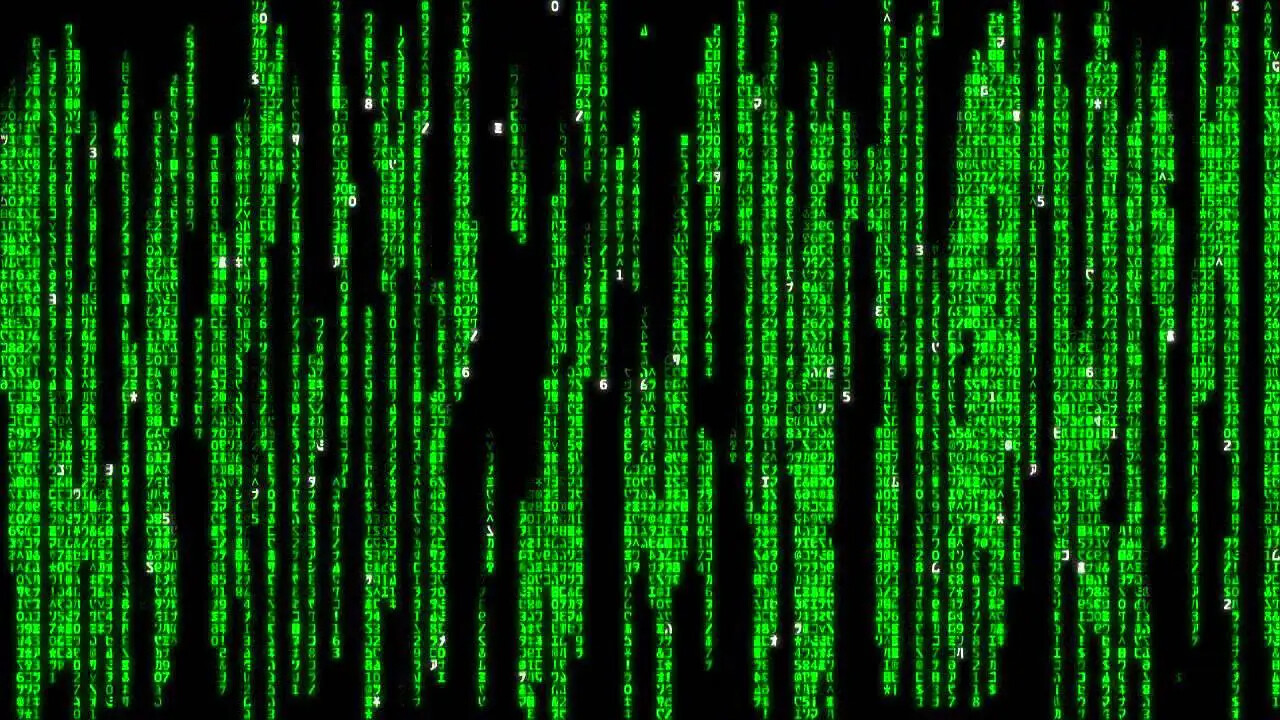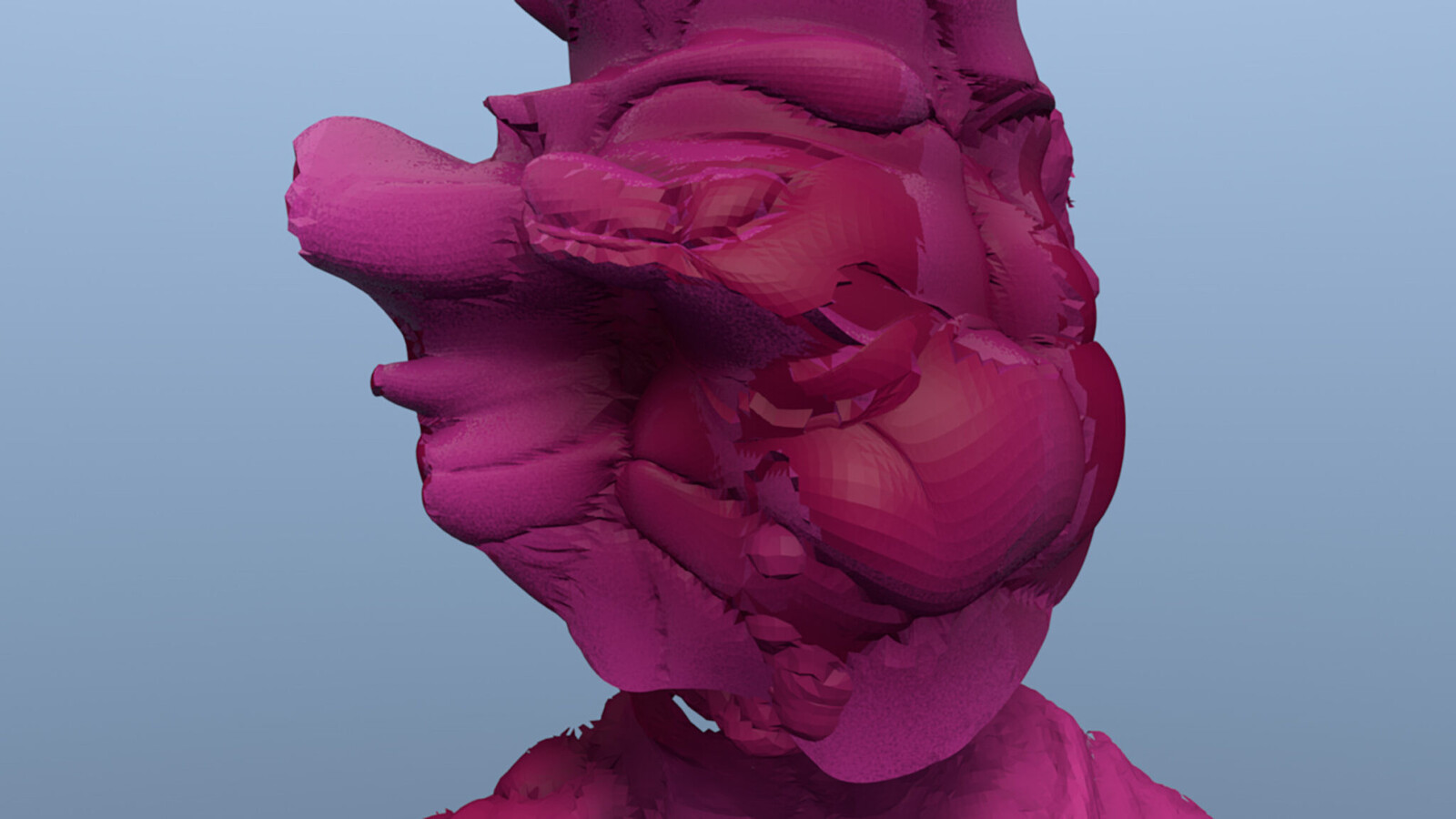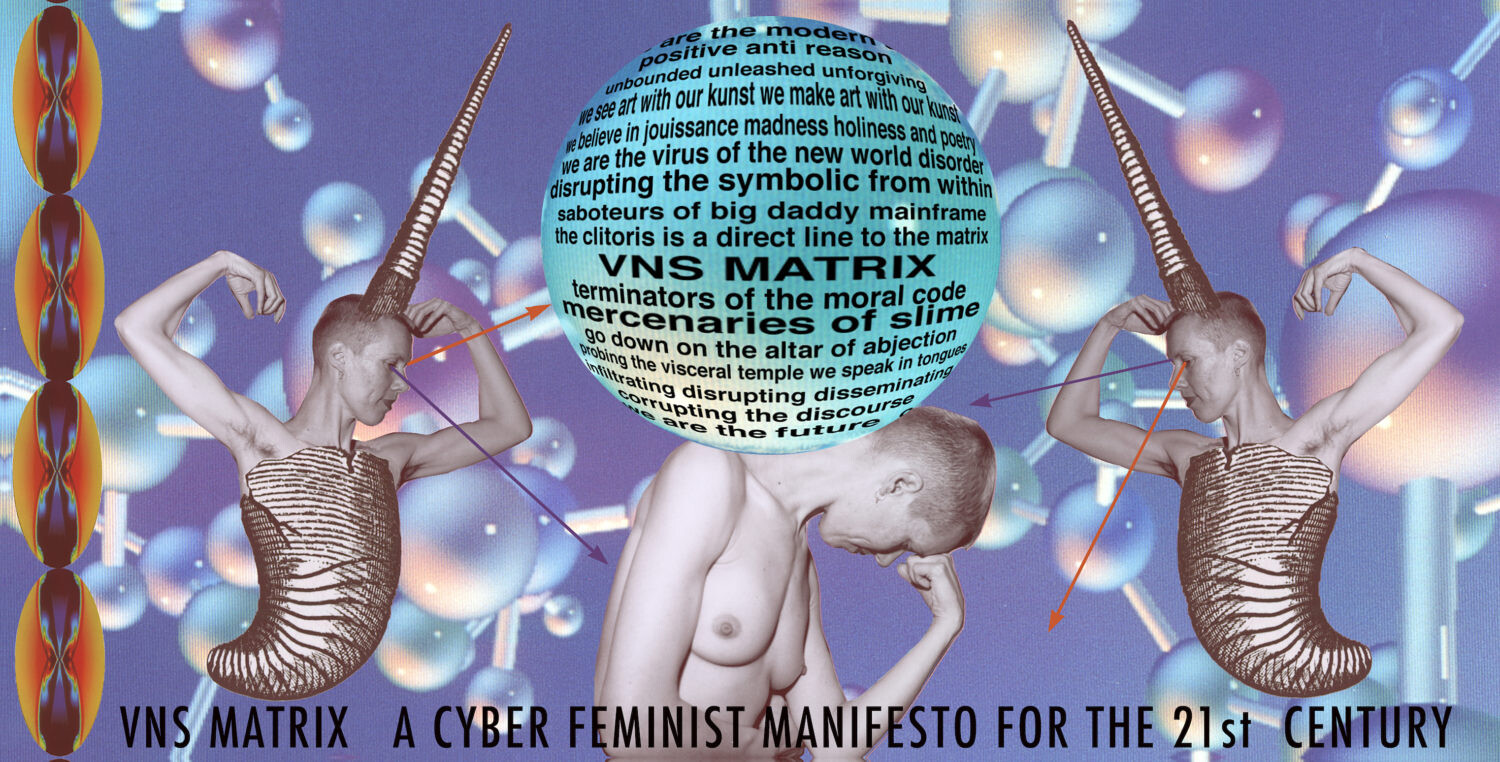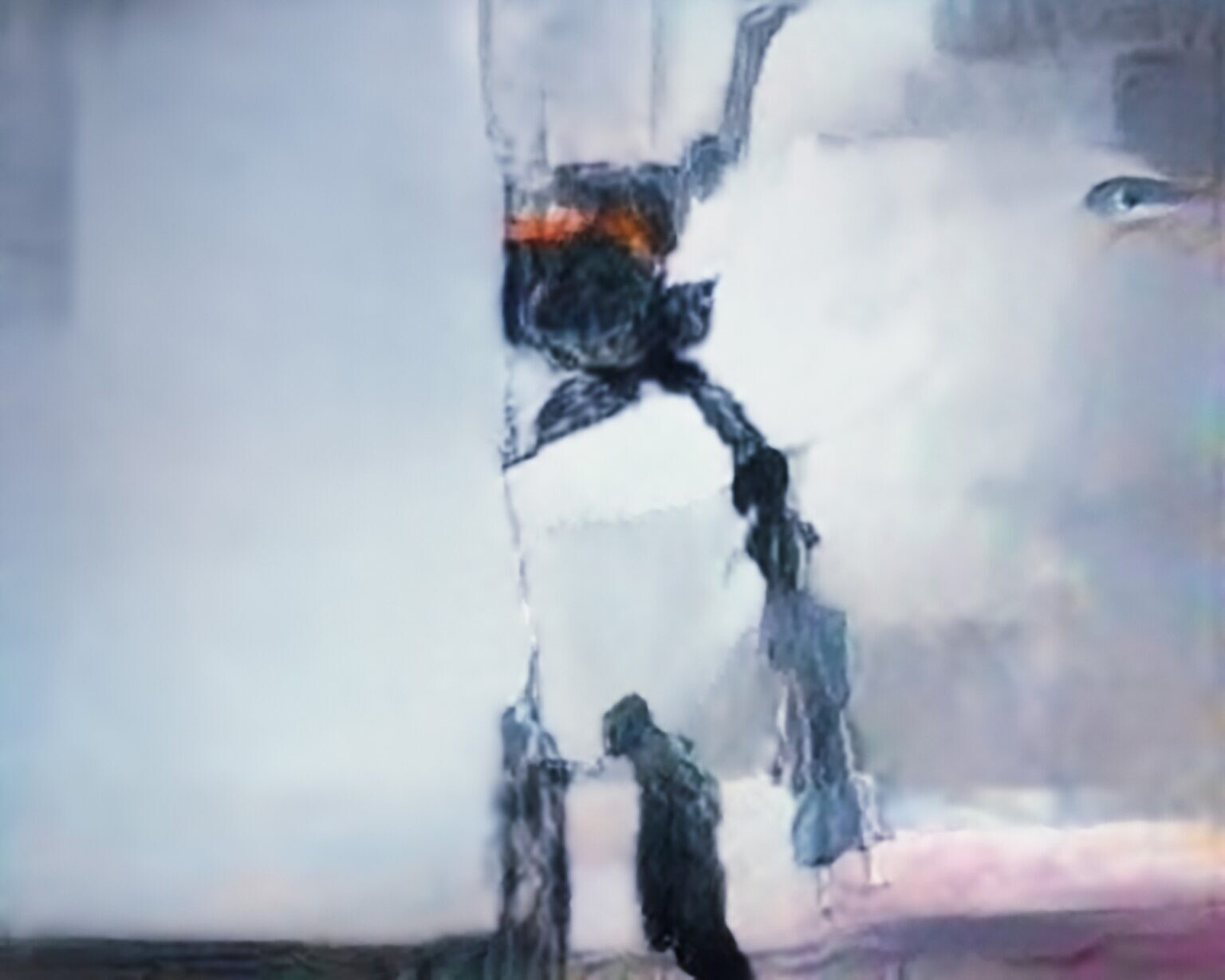A politics of repair is a healing politics. This healing politics doesn’t seek to overthrow, reform, or return to the old; nor does it still believe in a miraculous leap into the radically untethered new. It reassembles, reinvents, and remakes. It re-pairs. Healing politics discloses the path for expressive politics to stage its escape from the actual into the virtual, from what the world is into what it can become.
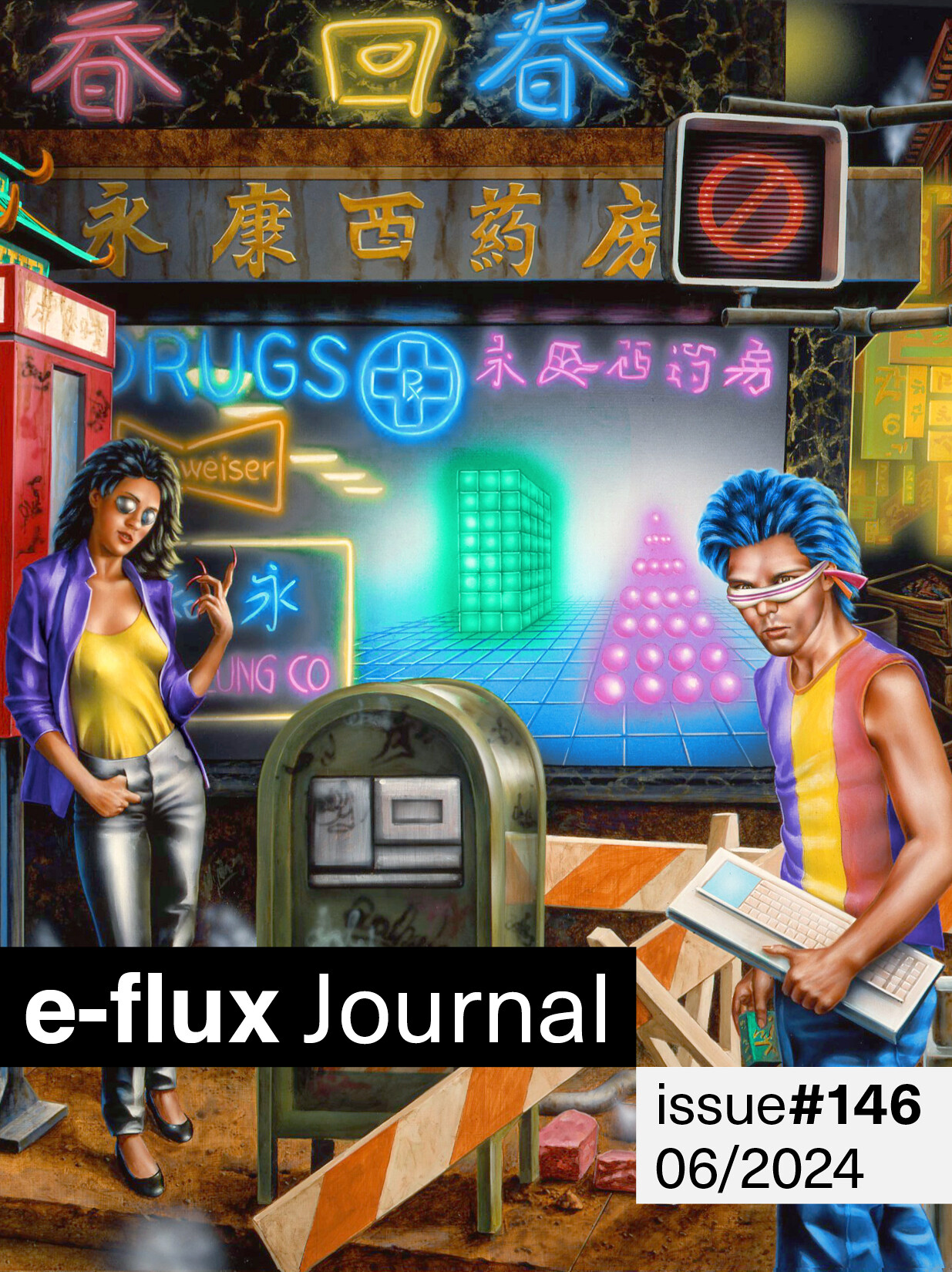
Cover illustration for William Gibson’s novel Neuromancer (Phantasia Press, 1986). Painting by Barclay Shaw. Courtesy of the artist.
For something to be “avant-garde” it has to be more than an outré work in one medium or another. An avant-garde is an aesthetics of organization. It brings together artists in different media around some contested but more or less agreed impulse. An avant-garde touches all aspects of life and proposes a revolution of everyday life along aesthetic lines.
Toni Morrison once compared the act of imagining to the Mississippi River’s predilection for flooding: “All water has a perfect memory and is forever trying to get back to where it was.” Here, leakage serves as a persistent archive, a ritual return that refuses burial. If the act of imagining is bound up with memory, as Morrison says, the practice of building new worlds is inextricable from history.
Successful hoarders tend to share one commonality: the information they distribute is collated, with rigor, and often tied to an organized movement for radical action. This methodology separates the “collection” from the endless stream of “content” we see today. It removes all distractions from the hacker class’s chief aim: the production of new knowledge and culture, made freely available, as part of a larger move towards collective transformation.
Sex work is often at the avant-garde of new technologies, from VHS to the internet, and the present moment appears to be no exception. By mining these images of what they consider to be attractive people and using them as fuel for social media algorithms, vectoralists have fully severed the connection between the human laborers who grease the wheels of commerce and the value they produce.
A Hacked Manifesto is an artwork in the form of an online tool for exploring McKenzie Wark’s A Hacker Manifesto, giving the user/viewer the ability to manipulate, disassemble, reassemble, shift, search, and otherwise modify the text. This net art piece engages directly with hacking as a gesture as defined within the source text.
The problem today, in the age of fully fledged vectorialism, is not the struggle between the limits of the negative and the emancipatory potential of the positive, but rather the dire reality that flows are the dominating forces, that systems have long been replaced by mobile arrangements, and that it is obviously capital today that is the highest form of nomadism. Vectors have won.
Can a theory of information forged twenty-five years ago still apply today? After all, in a number of ways, the “free movement” seems to have emerged victorious: there is “free” content, “free” software, “free” information everywhere—even as we might debate how free it really is.
A flickering flame operates with the same motivation as the movements of the planets. Your choice of partner or anybody’s transition in any direction are no exceptions. Whatever you are feeling right now happens with the same motivation as the feelings of the vilest person on earth. Oppression isn’t any less natural than bliss and boredom are.
Writing at the turn of the twenty-first century, what Wark brought to this hacker legacy was the urgency of the present. Wark was then and remains now an antenna of the culture around her. During an era of unbridled techno-exuberance, Wark warned that we risked devolving into the darkest mental prisons of the pre-Reformation Church.
We are in a strange transition. The previous global order, in which states wielded ultimate authority, hasn’t quite died. At the same time, large corporations have stepped in to deliver some of the services abandoned by states, but at the price of privacy and civic well-being.
Whatever we build, it can’t just be decentralized. Things can be decentralized and can still be co-opted by incumbent powers. It has to be distributed tools, low cost, accessible, verifiable, and require a low amount of power.


